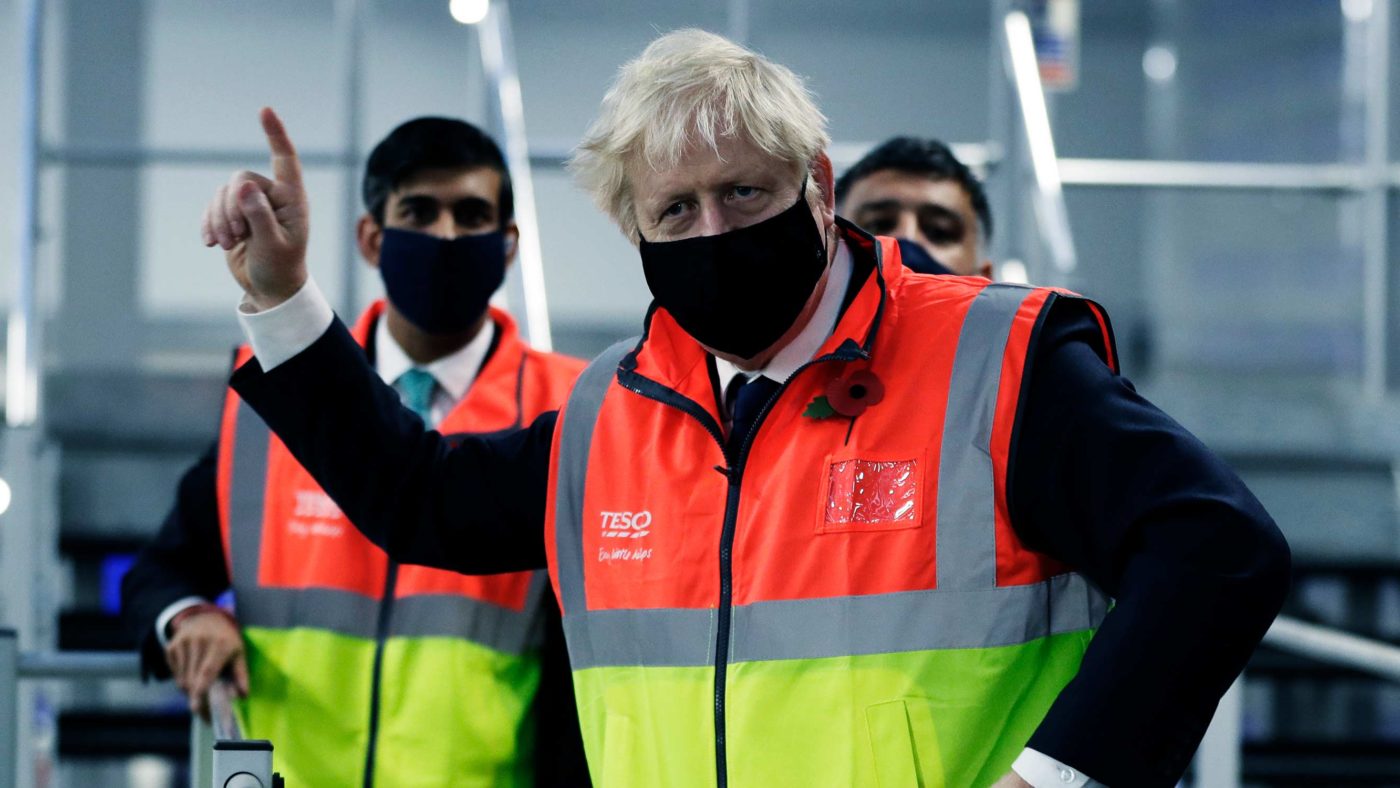Earlier this month, I suggested that the Government’s response to Covid-19 – specifically, Boris Johnson’s U-turn on a perfectly sensible effort to put senior members of the Cabinet on a pilot scheme to avoid self-isolating unnecessarily – was driven more by PR than good policy.
In light of what looks like a significant fall in Conservative support in the past week or so, I suppose the obvious follow-up question is: can we blame them?
Though they very quickly backtracked, the suggestion that the PM and Chancellor might have tried to avoid isolation rules has undoubtedly been damaging. The obvious takeaway for the Prime Minister here is that if you’re going to run your pandemic response on the basis that ‘we’re all in this together’, you had best roll the pitch damn well before doing anything which risks giving the impression you’re living by different rules.
But the deeper lesson here is that cock-ups such as this happen – Harold Macmillan’s (possibly apocryphal) “events, dear boy, events” – and it is therefore pointless to try and hoard political capital. If you don’t spend it deliberately in pursuit of important policy, you’ll fritter it away on a thousand unforced errors instead.
For Conservatives, the obvious example of this sort of leadership is Margaret Thatcher. Although we should acknowledge that her victory was not preordained, and are obliged to General Galtieri for gifting her a just and winnable war at the right moment, she and her ministers wielded their mandate to transform the country.
The problem is, to govern like this you need to have a project that you care enough about to hazard your popularity against. That’s what ‘Thatcherism’ provided the Conservatives in the 1980s. It has no obvious analogue today.
What is ‘Johnsonism’? He was elected with a mandate to ‘get Brexit done’, which he has sort-of managed, albeit with Lord Frost having to fight to fix the damage done to the United Kingdom in the process.
Beyond that, though, his programme is long on vibes and short on detail. ‘Levelling up’ seems to simply be the go-to phrase to justify any and every policy idea, and the Prime Minister’s speech on the subject was notable for its lack of coherence. Besides which, what government of recent times has not tried to do something about the north-south divide?
Johnson shows no great enthusiasm for education reform, the great domestic policy revolution of the Coalition era. He and Rishi Sunak appear divided over major policy initiatives such as Net Zero and overhauling social care.
His response to the SNP, meanwhile, is patchy and unfocused. Having allowed himself to lose Oliver Lewis as head of the Union unit, the policy now nominally rests with Michael Gove, who is not in sympathy with the ‘muscular unionism’ extolled by other parts of the Government and reportedly clashes with Cabinet colleagues when he does stir himself on the question.
This problem is likely exacerbated by the basis of Johnson’s popularity. His support base amongst Conservative MPs is wide, but shallow. He was elected leader not because of his policy positions, but because they thought he could win. The moment he stops looking like a winner, that support is liable to evaporate. There is no praetorian guard of ideological Johnsonites.
Likewise, many of the voters who switched to the Tories in 2019 did so because they connected with ‘Boris’. It’s certainly hard to imagine a group of workers turning out to a campaign event with ‘We love David’ signs hanging round their necks.
But that unique ability to connect may yet prove a double-edged sword if the test-and-trace fiasco fundamentally damages Johnson’s public image. After all, that image is an awful lot of what’s made him such a successful politician.
Of course, in such volatile times it is unwise to make any predictions on the basis of ‘if these trends continue’. Whilst the Government does face some difficult policy challenges, the UK may also be set for a strong economic bounce-back and the next year will hopefully see us put the pandemic properly behind us. It isn’t impossible to imagine the Prime Minister riding that wave to an early, post-boundary review election in 2023. And the fact Labour still looks a very long way from being a potential party of government helps him no end.
After that, though, one suspects that Johnson might start to plan his exit. Brexit done, pandemic negotiated (but inquiry yet to report), recovery delivered, and all the pain of the next spending review in his successor’s in-tray.
Click here to subscribe to our daily briefing – the best pieces from CapX and across the web.
CapX depends on the generosity of its readers. If you value what we do, please consider making a donation.


